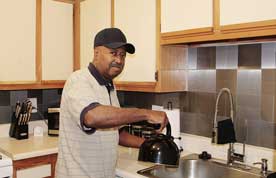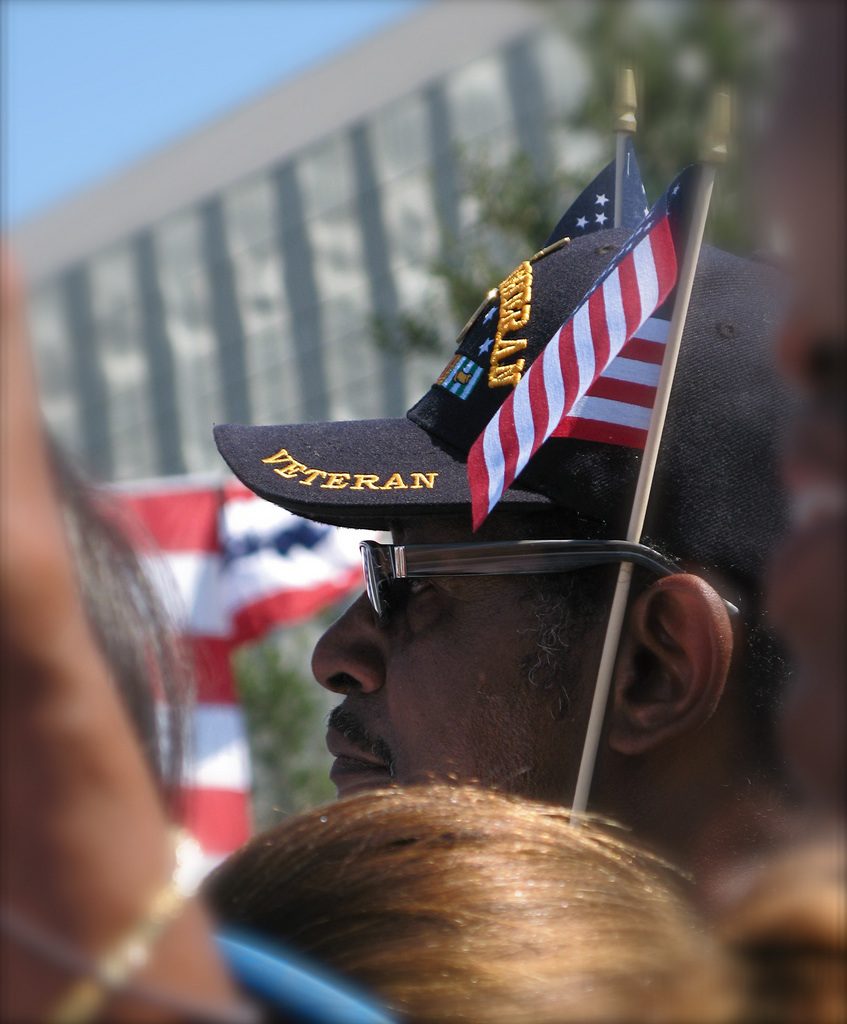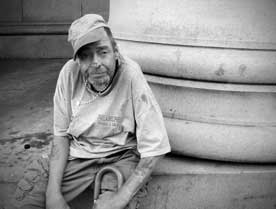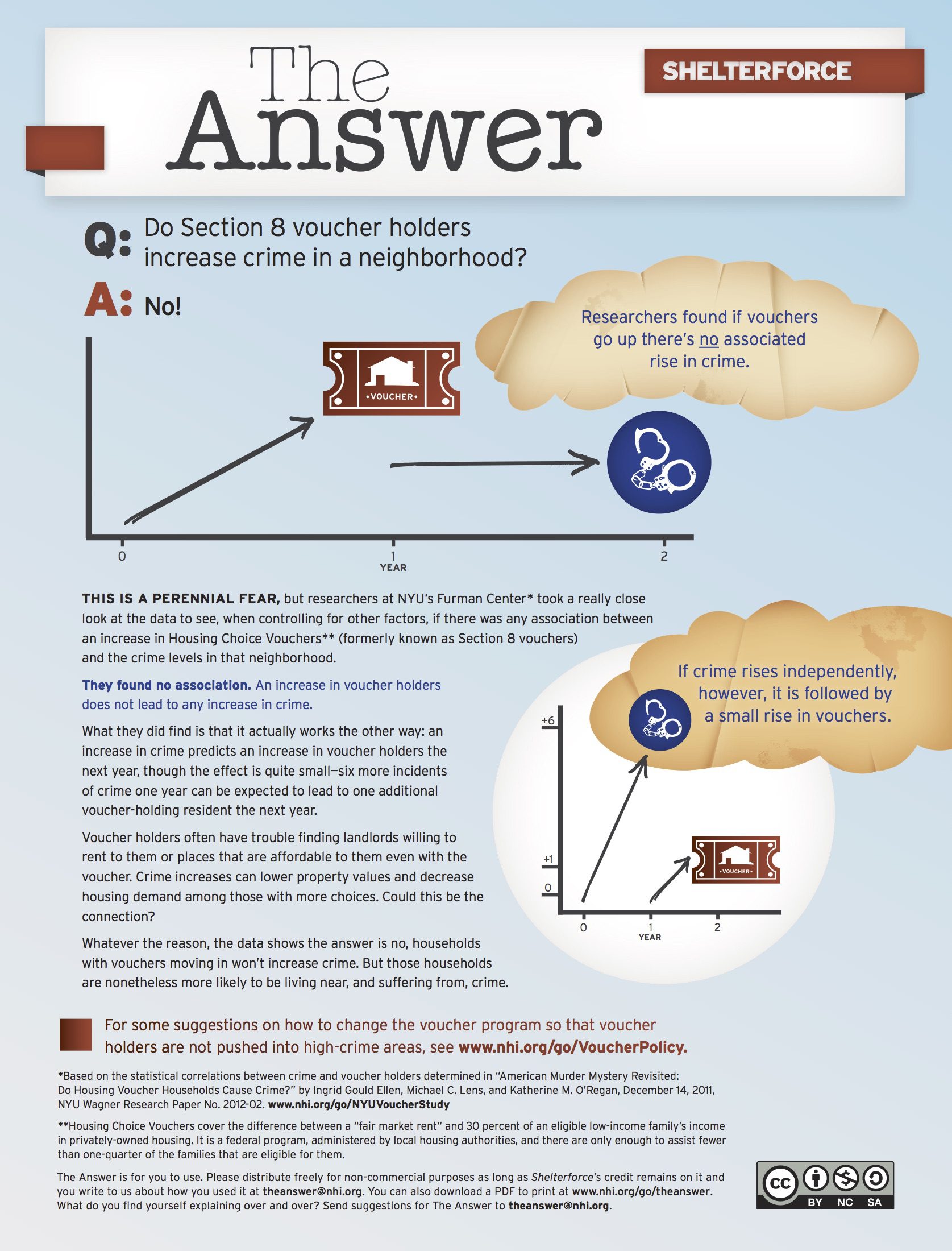Norris Fletcher served in the Air Force for years before he was medically discharged. After he left, he had three heart attacks in a six-year period, leaving him with medical expenses and medication costs he couldn’t recover financially from. He became homeless for two years.
“I used to walk around Walmart all night, or sometimes I would ride the train or walk around the Atlanta Airport all night. I would sleep anywhere I could in the daytime,” he describes. “Life really had started to have no meaning. I was starting to give up.”
So many veterans experience these types of issues once they return home from duty. Who will help? How will they help? As a society, there are many ways we can respond, but there is always a question of available resources.
“My family tried to help me the best they could but they only could do so much,” Fletcher recalls. “I had so many health issues that it was very hard. Now things are better. I heard about VASH [the Veterans Affairs Supportive Housing program] from some other veterans. I was surprised when the VA called me. They told me the rules and helped get me situated in my new apartment. I was so happy. I still am very happy! They helped me get my proper medication and get myself back on track. It’s been a real blessing.”
A joint program between the U.S. Dept. of Housing and Urban Development (HUD) and the U.S. Dept. of Veterans Affairs (VA), the VASH program allows eligible homeless veterans and their families to receive Section 8 vouchers to find housing.
The Housing Authority of DeKalb County (HADC) has the largest HUD-VASH program in the state of Georgia. Our Section 8 voucher program has designated 644 vouchers for eligible veterans experiencing chronic homelessness. To help us contribute to the goal of ending veteran homelessness by 2015, HUD increased our allocation by 29 VASH vouchers effective October 1, 2014, and has also invited us to apply for 29 more vouchers, which we will do.
Though some Housing Choice Voucher (HCV) programs struggle to place families, we are very lucky in DeKalb County to have landlords who are very willing to house our participants. Some HCV programs struggle to place families in housing, but it is not generally an issue for us. When it comes to veterans, in fact, there are several landlords on our program who go the extra mile. There is great appreciation for the veterans’ service to our country. As the veterans with HUD-VASH vouchers get settled into their housing, the VA continues to provide them with ongoing treatment services. This is so important, especially for hard-to-serve homeless and mentally ill veterans as well as those suffering from substance abuse.
Case managers at the VA refer eligible veterans to us and we provide the housing. The VA staff provides outreach, clinical care, and ongoing case management services. Rigorous evaluation of this program indicates that this approach significantly reduces the days of homelessness for veterans, even including those plagued by serious mental illness and substance abuse disorders.
At HADC, we have a full-time staff member dedicated only to working with our VASH clients. We hold weekly VASH briefings for all new VASH voucher holders. Knowing that communication is vital to any healthy relationship, we work closely with VA liaisons every week to ensure we address VASH caseworker issues and any questions they have regarding our veterans on the program.
We are discovering that using liaisons from the VA to filter questions from VA caseworkers to PHA staff is an efficient way to resolve issues and answer questions quickly. We also conduct trainings for VA caseworker staff so they have a better understanding of the voucher program. Things seem to go smoother and there is a reduction in frustration for the veteran while being processed when everyone understands the programs; communication makes the entire business process less cumbersome.
This is a highly successful program, but it is staff-time intensive. Given the amount of effort required to work with the clients based on their needs, HUD-VASH would benefit from an increase in funding for the administrative side. More time and effort goes into assisting VASH participants; working with the VA exceeds the time and effort given to regular voucher holders—yet the administrative fee is the same. A higher level of administrative funding for HUD-VASH vouchers could be used to hire more staff to assist in accommodating our veteran clients’ needs.
We have noticed that many veterans continue to be unaware of the VASH program. Retired Navy veteran Thomas Pope, for example, credits the HUD-VASH program and HADC staff for his newfound stability and quality of life. Before receiving his VASH voucher, he had to move multiple times and felt dependent on people. He hated it.
But Pope says many others in his situation still don’t know it’s available. “I think more veterans—especially those 55 and older—need to know about this program,” he says. “The word needs to get out more to the homeless veterans that really need it but don’t have transportation or can’t physically get to the VA. They would benefit by being able to be more independent and more stable emotionally and financially. It’s made all the difference for me.”
“I now feel like a normal, whole person again, in touch with humanity,” he adds. “I’ve been in some situations in my life where I didn’t know if I was going to make it. Overall, I can say I’m in a better place now. I enjoy my neighbors and cooking for my friends and family.
We can only accomplish true gains with the assistance of our partners. Effective partnership requires dedication from all involved. We have established a solid relationship with the VA, in which we both are committed to ending homelessness for veterans. This is the base from which we work to serve our veterans—the ones who have dedicated their lives to serving us all.






How can Vash put a four star marine in what they call a bordello on wilmot?? Dumb ass’ss this is tribal Sovereignty & the nation of tribes. And we are in Colorado not Tucson Arizona?? Who pays rent here a Levi!!$!!